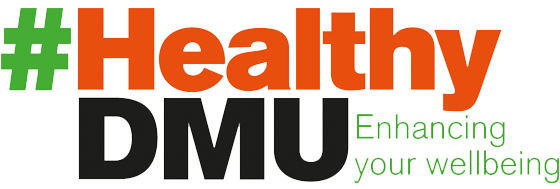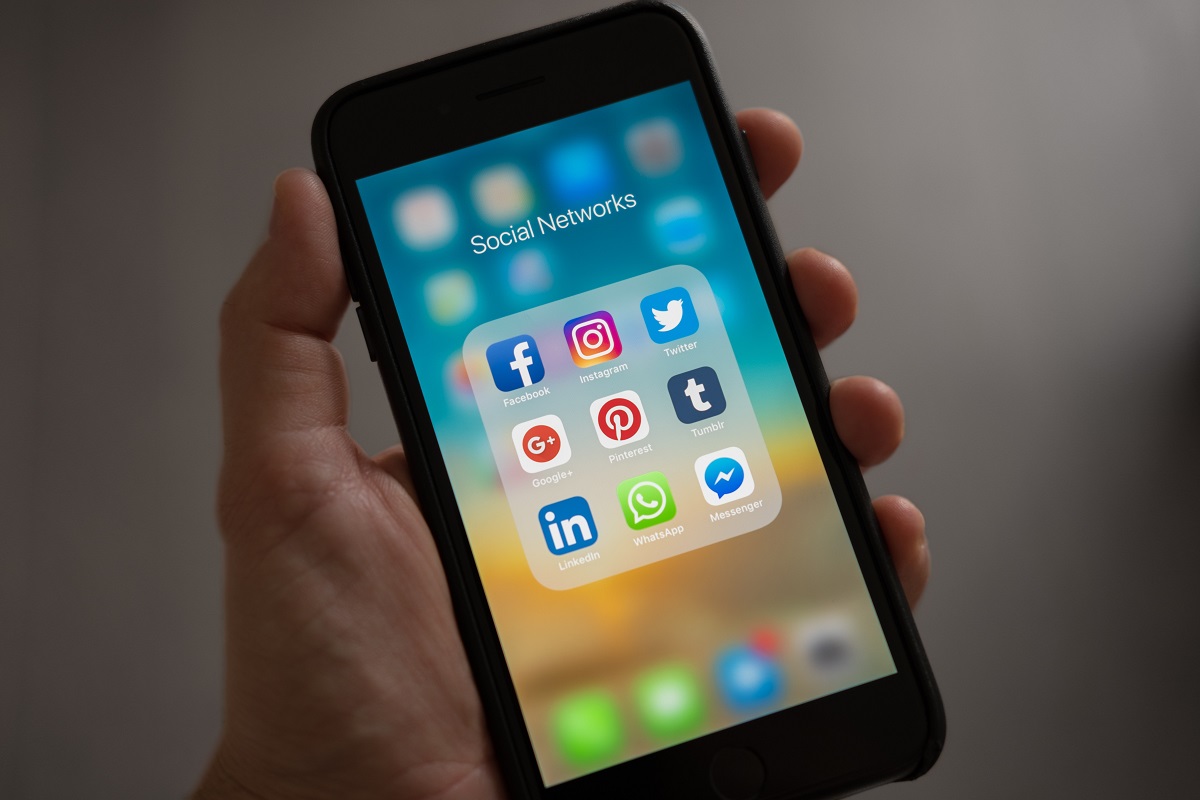De Montfort University Leicester (DMU) is taking the unprecedented step of taking a break from its social media channels in order to draw attention to the impact of unrestrained social media use on the mental health of students and young people.
DMU will not be actively posting on its social media channels between Wednesday 16 and Monday 21 January inclusive to encourage students and staff to put a renewed focus on their mental wellbeing by taking part in a ‘digital detox’.

Anecdotal evidence suggests that social media can increasingly present challenges to many people, in particular students. In the run up to ‘Blue Monday’ on 21 January, which is claimed to be the most depressing day of the year, DMU is aiming to emphasise the importance of positive mental health.
A schedule of activities has been organised as part of the #HealthyDMU initiative, which will give students and staff the chance to put their energy into focusing on their mental health by taking part in activities such as tai chi sessions, mindfulness meditation, free gym classes, library events designed to highlight the value and importance of printed books, and much more.
Vice-Chancellor Professor Dominic Shellard, who is an active Twitter user, revealed the initiative at a conference organised by DMU at the United Nations’ headquarters in New York last week. He will take the lead by participating in a detox during the same period and he is calling on DMU students to join him.
He said: “There has been a particular focus in the UK over the last few months on the mental health of students.
“In conversations I’ve had with students I’ve been really struck by the degree to which their over-engagement on social media is having a negative impact on their mental health. They don’t want to come off social media completely but they do want to recalibrate their relationship with social media.
“This is partly an academic experiment, because we do a lot of research in this area, but it’s also going to coincide with Blue Monday, which is supposedly the most depressing day of the year, and we’re going to see if it makes any difference.
“I think it will certainly make me think about my relationship with social media. I know I’m never going to give it up completely but some people might have a different approach.”

Dr Lee Hadlington, Associate Professor in Cyberpsychology at DMU, is a leading expert in the use of digital technology and he explained that taking a break from social media can have a number of benefits.
He said: “The key benefit of doing a digital detox is that it will highlight to people just how much time they spend on social media and perhaps provoke them to ask why.
“This will give people the chance to explore what sort of things that they are missing out on when they are engaged in social media and will encourage them to engage with people face-to-face.
“But a total detox isn’t for everyone. People who spend a lot of time on social media might experience a sudden ‘fear of missing out’ and start to feel anxious, and if people do feel particularly anxious or stressed then they shouldn’t force themselves to stay offline.”
Media Production student Alice Arnold said that she is keen to see if a social media detox will improve her mental health.
“I've realised more and more that out of instinct I reach for my phone and go straight to social media when I turn on my computer,”
she explained.
“Although doing a media degree encourages the use of it, I know that I can survive without it, even if it may be difficult at times. Most importantly I want to do this as I want to see whether it will have an impact on my mental health.”
RELATED NEWS
Catch DMU's cyberpsychologist Lee Hadlington live on The One Show sofa
Heavy internet users more likely to make 'mistakes' in daily life, DMU research shows
Students begin 'digital detox' at De Montfort University
Léonie Mayer, who also studies Media Production, added: “I use social media a lot, maybe too much at times. I am aware of this but don't seem to have the will power to not use it, so this seems like the perfect opportunity to see if I can do it. I'm looking forward to seeing if I can become less reliant on social media and if it will make me become more present when with friends and family.”
Law student Mehul Parekh is planning to use the time that he usually spends online in a different way.
He said: “Amid the growing concerns surrounding heavy use of social media and its effects on mental health, being an avid user of various forms of social media I am deeply interested in finding out how reducing the time I spend online can benefit my mental health.
“Additionally, I look forward to substituting my digital time with a new hobby which will help me to develop my personal skills.”
For more information about DMU’s digital detox and a full schedule of #HealthyDMU activities visit: https://www.dmu.ac.uk/about-dmu/news/2019/january/digital-detox.aspx
Posted on Monday 14 January 2019